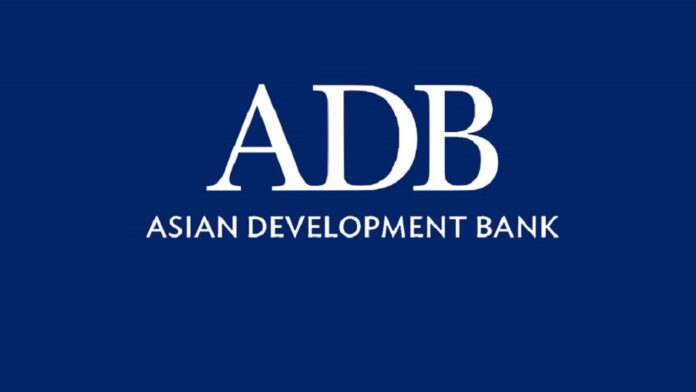ECONOMYNEXT – Manila-based Asian Development Bank said it had approved a 350 million US dollar budget support loan for Sri Lanka as part of a stabilization program with the International Monetary Fund.
The ABD is supporting a series of policy reforms which are required to stabilize the economy and will then spur growth.
Budget support loans ease cashflows of the government and does not involve imports of goods unlike project loans.
Budget support also known as policy or program loans will eventually be repaid from higher growth coming from the linked reforms.
In 2023 there is a strong focus on stabilization after two year of money printing led to a collapse of the rupee and rise in poverty.
“ADB is concerned about the deep crisis in the country and its impact on the people of Sri Lanka, especially the poor and the vulnerable, particularly women,” said ADB President Masatsugu Asakawa.
“ADB is committed to standing with Sri Lanka as it addresses its present challenges and strides toward economic stabilization, sustainable recovery, and inclusive growth.”
The ADB is estimated to provide around 2.0 billion US dollar through a series of policy loans through the life of the IMF program, supporting structural benchmarks with a strong focus on stability in the first year.
“Sri Lanka has embarked on bold reforms to address the causes of both internal and external imbalances and return to a sustainable debt trajectory,” the ADB said in a statement.
“The country faces a long road to recovery and must remain steadfast in the implementation of necessary reforms,…”
The reforms including enhancing tax revenue collection, strengthening public financial management, improving performance of state-owned enterprises, ensuring autonomy and independence of the central bank, safeguarding financial sector stability, and bolstering governance frameworks.
“As these measures are implemented, it is essential to ensure that adequate social protection is provided. Implementing governance reforms and anticorruption measures will be critical.”
Source: Economy Next

